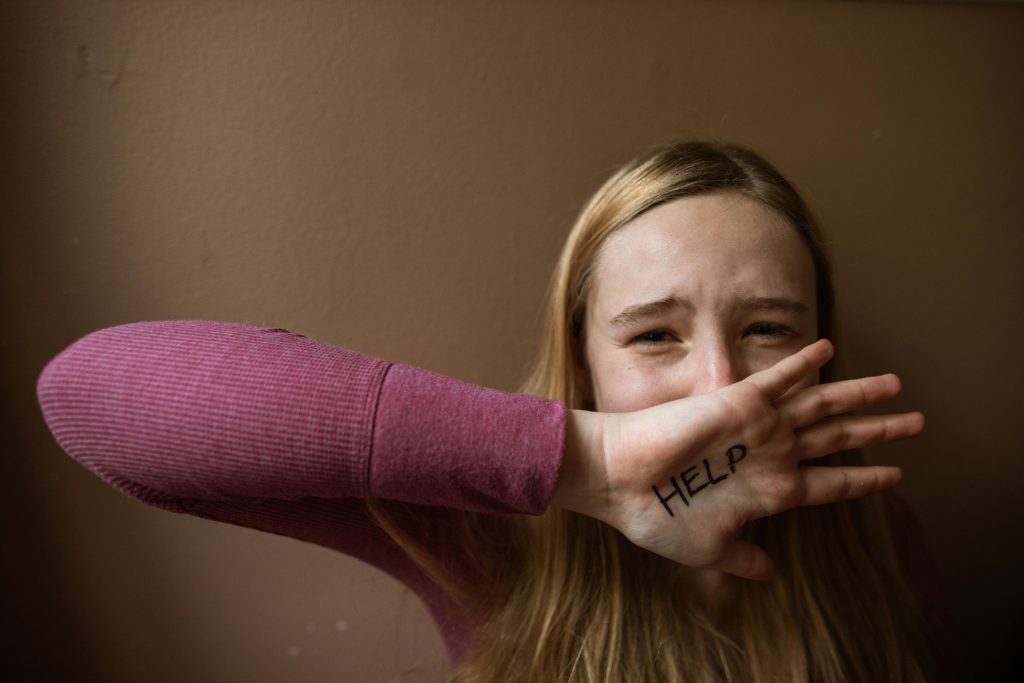
Domestic violence is a pervasive issue in every society, affecting individuals across various classes. In Nepal, it is a significant concern, and addressing it requires collective efforts. Let’s explore some relevant information:
1. Legal Provisions in Nepal:
Victims of domestic violence in Nepal have several legal avenues for seeking help:
- National Courts: Victims can seek remedies through the national courts. The law ensures protection from arbitrary interference with privacy, family, home, and correspondence.
- Filing a Complaint: Victims can file complaints with the National Women Commission, the police, or a district court/local body.
- Protection Orders: Under the Domestic Violence Act, victims can apply for a civil protection order. A “victim” is defined as anyone in a domestic relationship with the alleged perpetrator.
2. UN Resource Guide for Domestic Violence in Nepal:
he UN Women has created a resource guide for UN personnel and their families in Nepal, offering information on domestic violence and support options. Key findings from Nepal’s National Demographic Health Survey (2016) include:
- 84% of ever-married women who experienced physical violence reported their current husbands as perpetrators.
- 11% reported their former husbands as perpetrators.
- Domestic violence also occurs from other family or household members.
3. Importance of Addressing Domestic Violence:
Domestic violence has devastating impacts on survivors, their families, and communities. Addressing it is crucial for creating a safer society. Here are steps we can take:
- Seek Help: If you or someone you know is experiencing domestic violence, reach out to authorities or support organizations.
- Support Survivors: Offering support to survivors is vital in helping them rebuild their lives.
- Raise Awareness: Educating ourselves and others about domestic violence can help prevent it and support victims.
Final Thoughts
In the quiet corners of Kathmandu, where prayer flags flutter and incense lingers, the struggle against domestic violence unfolds. Let’s sit together for a moment, our cups of chiya cradled in our hands, and reflect on what we’ve discussed:
- Sita’s Courage:
- Imagine Sita, her eyes tired from sleepless nights, her heart heavy with bruises. She’s not just a statistic; she’s a woman with dreams, fears, and resilience. She’s the one who finally says, “Enough.”
- Sita’s courage echoes through the narrow alleys, reaching other survivors. It whispers, “You’re not alone.”
- The Legal Shield:
- The Domestic Violence Act isn’t just words on paper; it’s a lifeline. Picture Sita standing before the court, her voice trembling but unwavering. The judge listens, and justice inches forward.
- Privacy matters. The law wraps its arms around her, shielding her from judgmental glances. Her pain is hers alone.
- The Compassionate Officers:
- The police station becomes a refuge. Imagine Sita’s tears falling as she recounts her story. The officer leans in, not just to take notes but to understand. They promise action.
- The National Women Commission stands like a guardian. Sita walks in, her steps shaky, but she walks out with hope.
- The Circle of Support:
- In tea shops and community centers, women gather. They share stories—their own and others’. Imagine Sita finding solace here. They say, “We believe you.”
- These women are the stitches that mend broken hearts. They weave a safety net, strong enough to catch anyone falling.
- Our Role:
- As neighbors, friends, and fellow humans, we have a role. Imagine us standing beside Sita, saying, “We won’t look away.”
- Awareness spreads like ripples in Rani Pokhari. We educate, we listen, and we amplify voices.
So, let’s keep our cups warm, our hearts open, and our resolve unyielding. Domestic violence may cast shadows, but together, we light candles—one by one—until the darkness retreats.


